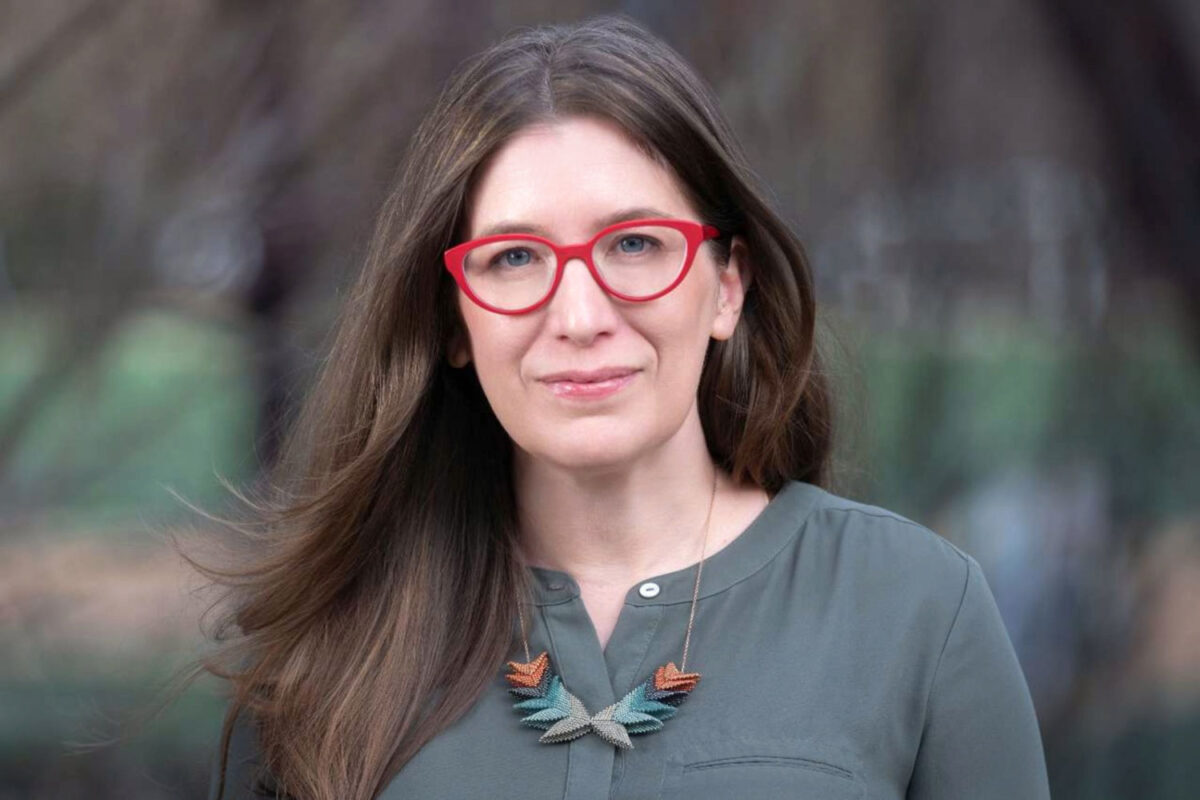
I look back throughout my professional life, and I continue to reflect on my decision to become a nurse practitioner. Ultimately, my choice was guided by the need to do meaningful work that made a lasting impact on people’s lives. After high school, I initially chose political science as my major, given my natural interest toward politics, policy and advocacy. I immersed myself in this arena early on, working as an intern for my local U.S. congressman. I realized that people have individual problems that are common and transcend political party, race, identity or socioeconomic status. At the time, health care reform was in the policy spotlight, and it highlighted that health care access was increasingly unequal and inefficient. I also learned that direct patient care was an important way to make a major positive impact on people’s lives.
In my current role as a nurse practitioner, I evaluate, diagnose, interpret tests and treat patients. I learned early on in my career that treating a patient involves more than just knowing the disease process at the cellular level or the mechanism of a particular medication or treatment. Treating a patient requires me to view them first as a fellow human being and to try my best to provide high quality carein a way that they can understand and accept. Sometimes, this is an extremely difficult task, as some patients may lack resources to adequately address their needs. Another component of my practice involves weighing the risks and benefits of a treatment or decision and the impact it can have on a person’s quality of life and overall health. Additionally, I have to weigh the resources and specific health needs of the community that the individual resides in, in order to prevent potential adverse outcomes to others.
The past 1.5 years have been a whirlwind in health care. The pandemic has reminded us that what we do individually has a direct impact on the health and wellness of everyone around us. It has reminded us that our personal decisions affect the outcomes of our neighbors, colleagues, patients and loved ones. The virus continues to move through the world and mutate like other viruses have in the past. For the longest time, we lacked an efficient way to adequately treat the disease or prevent bad outcomes in patients who were both healthy and at high risk. Since the beginning of this year, we finally have a safe and effective vaccine that prevents both severe COVID-19 disease and hospitalization. Many remain skeptical or seek out information that may confirm a bias against the vaccine, both in clinical practice and in society.
In recent months, I have seen reports of health care workers who are burnt out, leaving the profession or avoiding choosing the profession outright. Many of these health care workers have worked long hours, promoted evidence-based practice and often sacrificed their own lives for the benefit of their community. I feel that much of my colleagues’ burnout and frustration is a result of them wanting to help people and save lives yet being dismissed in their recommendations to get vaccinated because of politics or harmful misinformation. High quality medical recommendations come from a level of objectivity in looking at outcomes, risks and benefits, not from seeking out potentially flawed information that confirms a bias or political belief. While this scientific process relies on rigor and objectivity, the implementation of recommendations needs to be applicable to the dynamics of the real world. As I see patients on a daily basis, I try to reserve judgement and create a safe space to ask questions. I have a responsibility, however, to provide accurate information that is guided by the totality of evidence.
Too often, I have seen vaccine hesitancy result in regret and immediate transfer to the emergency department for respiratory distress because of COVID-19 infection.
Too often, I have seen increasingly accessible misinformation confirm biases against the vaccine.
Too often, I have seen a small percentage of health care professionals spread misinformation that ultimately leads to more hesitancy and mistrust of their own colleagues who want to help others.
While many of these conflicts and tragedies continue, COVID-19 has continued to ravage our communities, institutions and economy. This is the time that calls on all of us to be a part of the solution to this crisis. All of us have the power and responsibility to protect our neighbors and loved ones. Every one of us can take a bold step to overcome this pandemic through action and compassion. Strength is represented by our ability to see the problem in front of us and not look away because it is uncomfortable.
To my colleagues, neighbors, patients:
- Join me in fighting this pandemic by getting vaccinated if you have not done so.
- Join me in promoting evidence-based recommendations that save lives and combat misinformation.
- Join me in making a mark in history by showing that all individuals can come together to meet this moment.
Dr. Justin Gill is a health policy lecturer at the University of Washington Bothell’s School of Nursing & Health Studies. He works clinically as an urgent care nurse practitioner in Everett, Washington, and serves on the board of directors for the Washington State Nurses Association. He has recently been interviewed by CBS News to discuss the Lambda variant, uptick in child infections and the latest virus wave.



